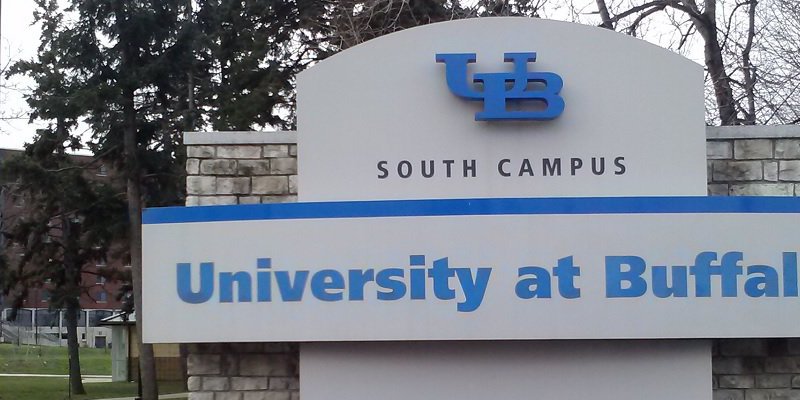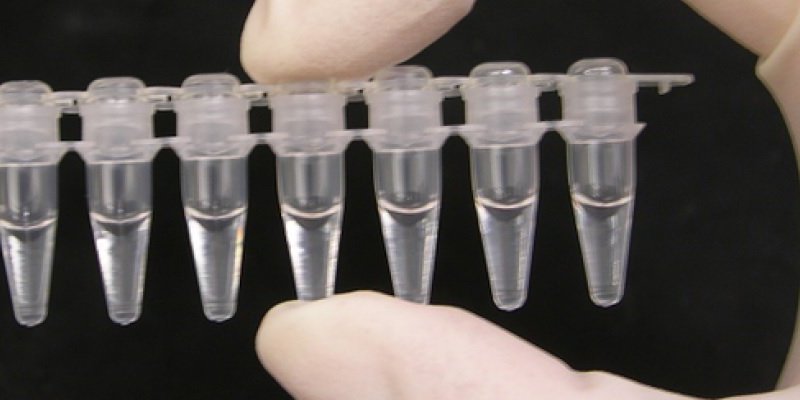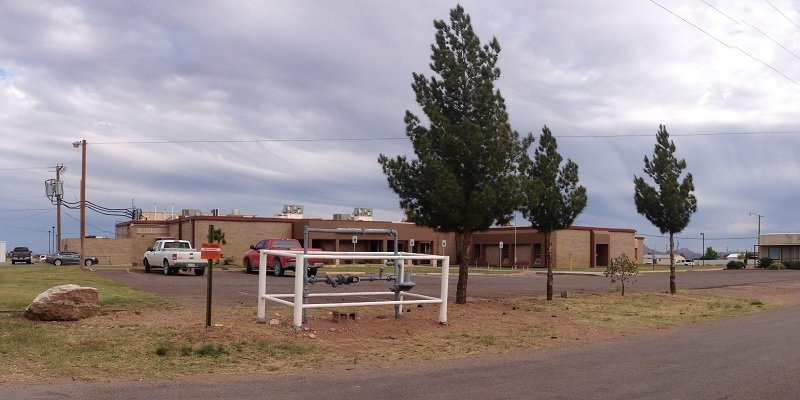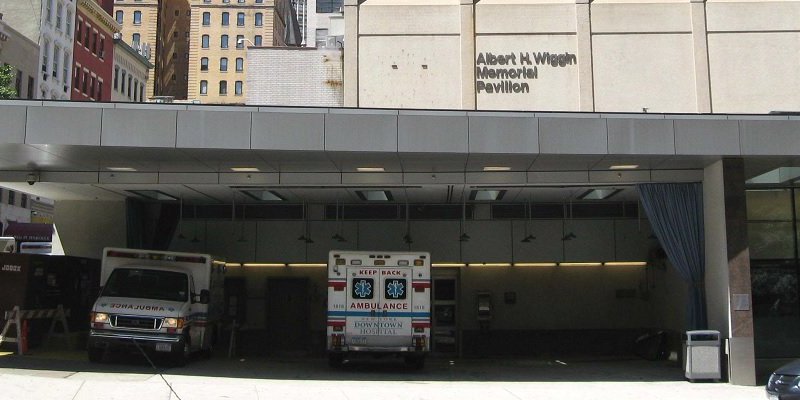12477 Tags
hospitals
1 Project
Communications between CDC and private institutions of health about COVID-19
5 Articles

This week’s FOIA round-up: abuse in a Chicago hospital, overtime issues in Louisville, and political donations from the University at Buffalo employees
For this week’s FOIA round-up, a Chicago, Illinois psychiatric hospital faces federal defunding due to allegations of child abuse, the feds investigate mismanagement of Louisville Metro Police overtime funds in Kentucky, and students look into political campaign donations by State University of New York at Buffalo employees.

Cost is a significant hurdle to ending the rape kit backlog
For the last year, we’ve been requesting data surrounding the national backlog of untested sexual assault evidence. While we still don’t know the actual number- so far more than 225,000 rape kits have been found sitting on evidence collection shelves and in hospitals from coast to coast - we have a greater understanding of the many hurdles victims and law enforcement face. There are many reasons rape kits go untested, and the lack of forensic funding continues to exacerbate the problem.

Depending on where you live, it can be really difficult to get a rape kit
After hearing stories of women having to travel long distances to receive the rape kit exams that are guaranteed to them under the Violence Against Women Act, we began to file the same request with the health departments in all 50 states asking for locations where sexual assault forensic examiners are available on staff or on-call. Like most of the other data surrounding sexual assault policies, what we’ve found so far varies widely, and there are large deserts - huge, mostly rural areas without easy access to a medical examiner

Public hospitals in New York destroy an alarming number of rape kits
When DNA evidence can be destroyed at will by hospital officials, the lack of a statute of limitations can mean almost nothing. Giving survivors only 30 days to decide whether to press charges is an unfairly small window of time to process the traumatic event.

Infamous law enforcement trainer Dave Grossman is bringing “Killology” to hospitals and high schools
Over the course of the last twenty years, retired Lieutenant Colonel Dave Grossman has risen to become the go-to expert for US law enforcement, traveling across the country giving seminars to police and sheriff’s deputies through his incredibly-named Killology Research Group. Records regarding one such training show Grossman’s interest in branching out, bringing “the Bulletproof Mind” to hospitals and high schools.